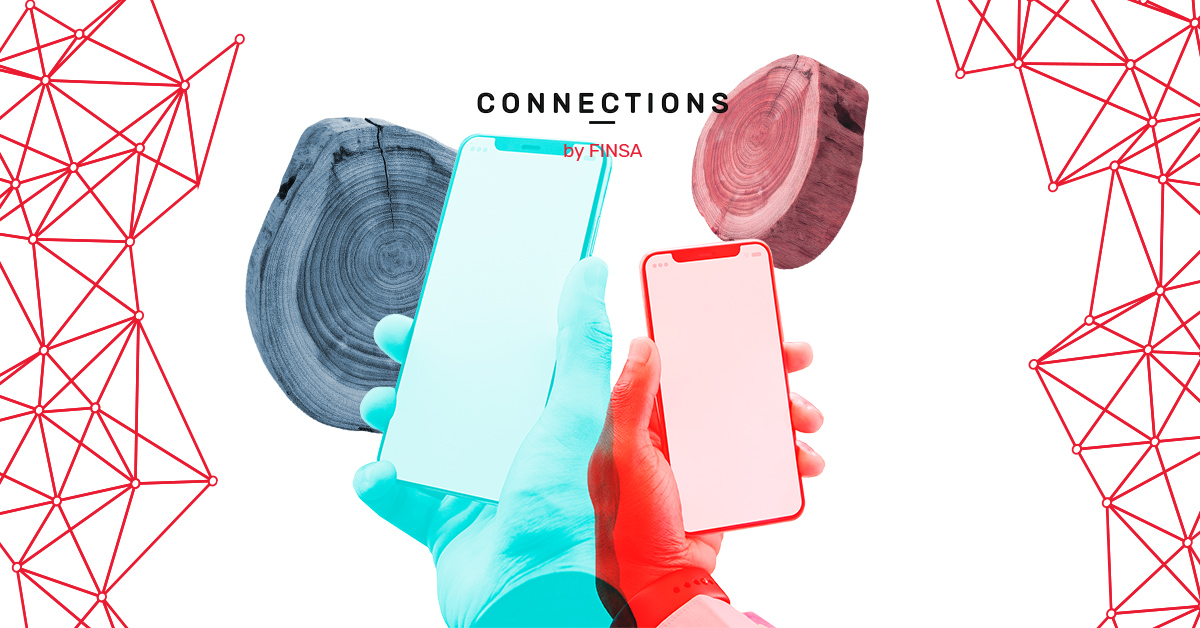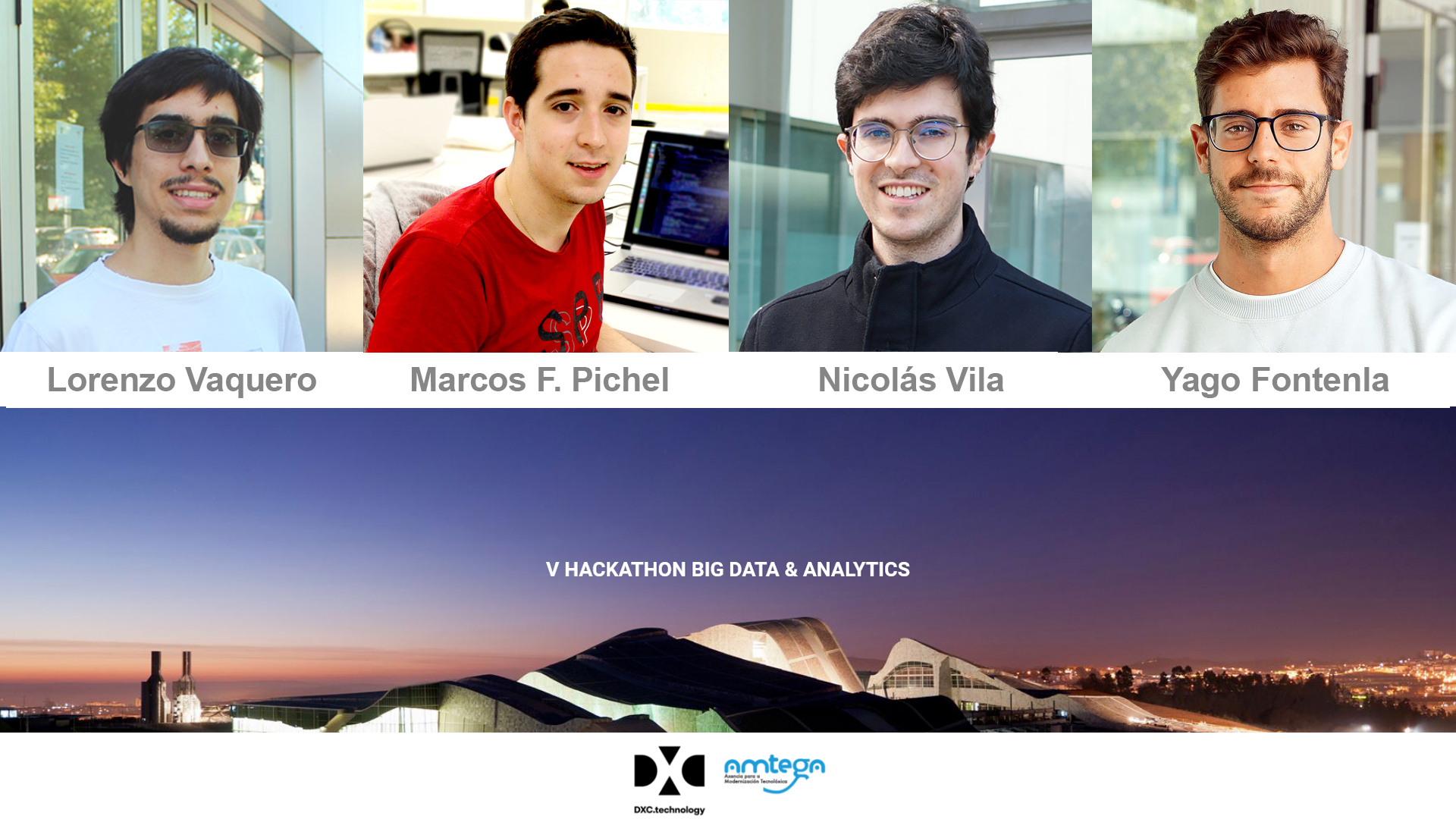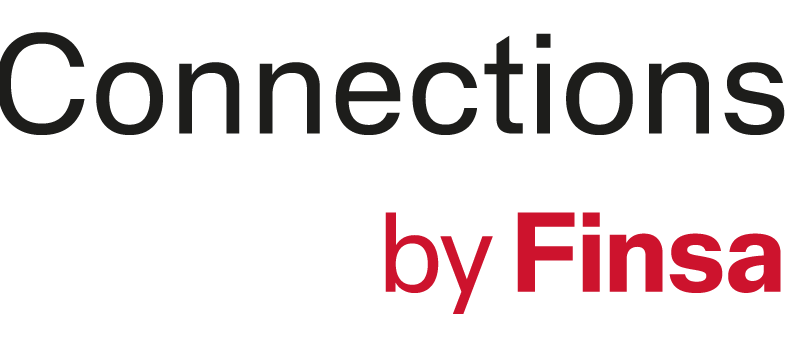Solving a technical issue regarding paper impregnation in melamine board in less than 48 hours. That was the Desafío Finsa (or the ‘Finsa Challenge’) put to those involved in industry 4.0, artificial intelligence, and big data at the V Hackathon Big Data and Analytics 2021, organised by the Centro de Excelencia en Inteligencia de Negocio (CEIN, or the Centre for Excellence in Intelligence and Business).

We interviewed the researchers from the ETSE (Escuela Técnica Superior de Ingenería or The Superior Technical School of Engineering), who formed part of the team that came up with the winning idea: Marcos Fernández, Yago Fontenla, Lorenzo Vaquero, and Nicolás Vila.
How did you approach the challenge?
We know that a lot of pieces of furniture are made of melamine boards. These boards have two components: a board, and a sheet of impregnated paper that covers it. This impregnated paper is made from raw paper and must fulfill some specific requirements when it comes to durability and resistance to moisture and heat, which makes carefully controlling the entire process essential.
The properties of the impregnated paper are checked using a physical sensor situated at the end of the production line, which is not always operating. That’s why we decided to create a type of “virtual sensor” capable of predicting the measurements for the physical sensor by using the rest of the signals that are generated along the production line. The challenge was twofold: we had to find a precise, yet feasible solution and we had to do all of this in a very limited timeframe.
How did you come up with a solution to an industrial problem in less than 48h?
Our solution required us to develop a predictive model based on neuronal networks that could work in real time in low-cost devices using edge computing. We also created a web app for monitoring levels of humidity and paper grammage, and we explained what would be required to use our solution in a real-life setting.

What do you think the hackathon model offers the academic and business worlds?
It’s a very enriching experience, both for the company that proposes the challenge and the participants themselves. The ideas that the teams come up with are often very diverse and creative which in turn provides new perspectives and ultimately a multitude of ideas that the company can use in a real-life setting. The fact that the Hackathon provides the winners with recognition and awards them with a prize encourages a sense of competitiveness, resulting in more sophisticated solutions.
What are your professional expectations now that you have achieved this new level of recognition?
As researchers working in Artificial Intelligence, we are lucky to be in a field that is constantly changing and that has a multitude of applications in the academic world as well as industry. The fact that we, a team that works in academic research, have received this recognition from a company as important as FINSA confirms that our professional future may lie in either field…or even both of them.




